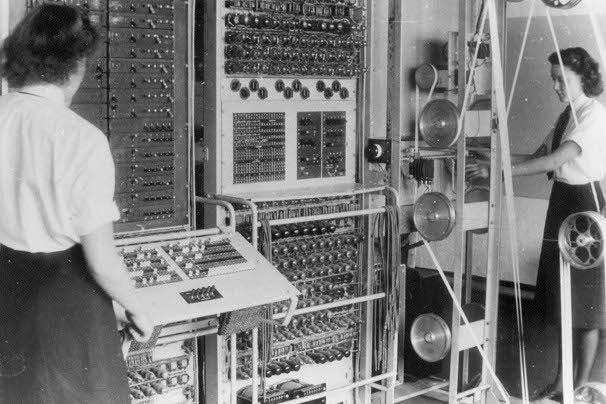A founding father of the modern computer, Alan Turing devised a machine that unraveled Nazi codes and aided the defeat of Adolf Hitler. Convicted of homosexuality after World War II and sentenced to chemical castration, Turing — an avid fan of the film "Snow White" — was found dead in 1954 from cyanide poisoning, a bitten apple by his bedside.
More than half a century after his apparent suicide, a movement is cresting to reboot the record of the British mathematician's short but luminous life.
Responding to a campaign by laureates such as Cambridge physicist Stephen Hawking, parliament is moving toward granting Turing a posthumous pardon. The act would recognize the humiliation of one of computer science's leading intellects who, after being sentenced by a British court to forced treatment with female hormones, became impotent and budded breasts before being found dead by his housekeeper in a lonely room near Manchester.


















With your current subscription plan you can comment on stories. However, before writing your first comment, please create a display name in the Profile section of your subscriber account page.